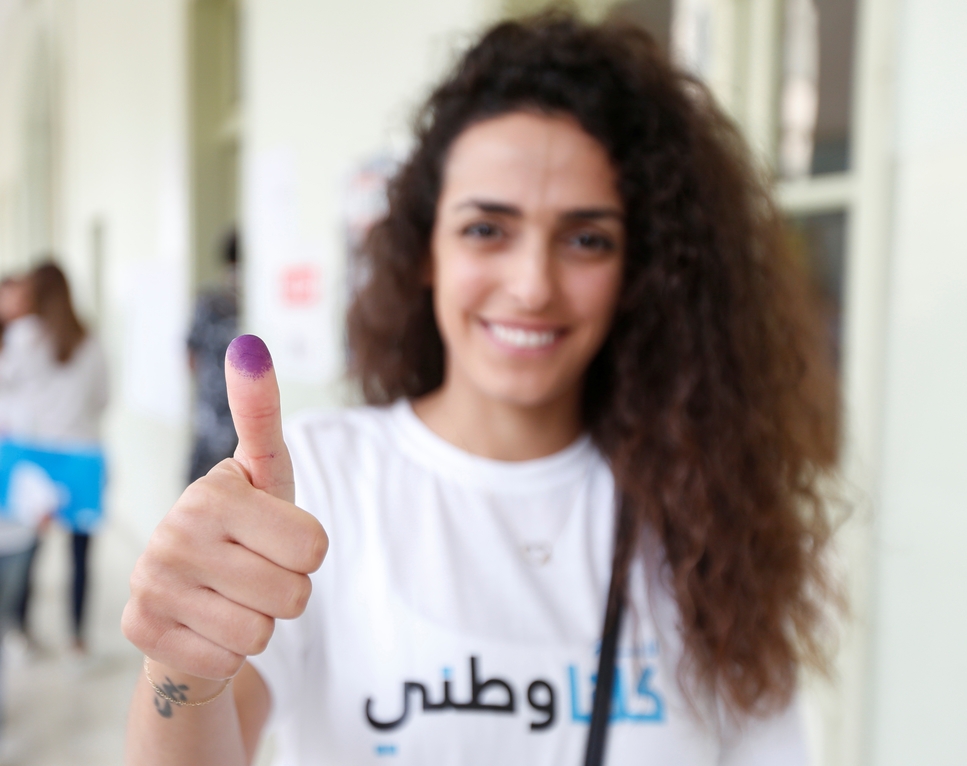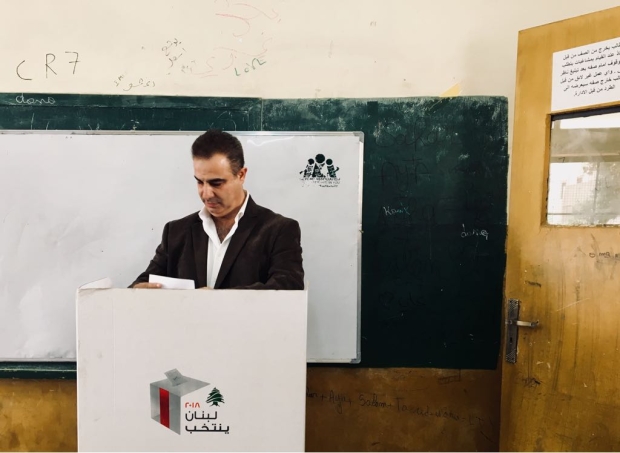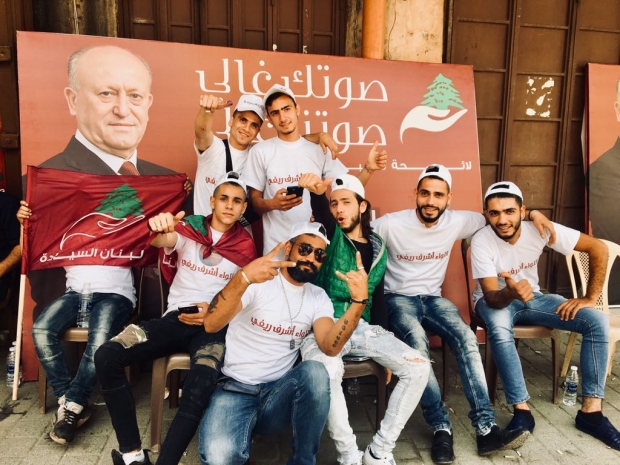Tripoli: Syrian crisis and Saudi influence

Unsurprisingly for a city just 30 minutes from the Syrian border, Tripoli has been greatly affected by the war next door. The conflict has at times spilled into open clashes between residents of the majority-Sunni neighbourhood Bab al-Tabbeneh and those of Jabal Mohsen, who share Syrian President Bashar al-Assad’s Alawite sect.
Happily, Tripoli has been stable for some time now, and after a spate of battles and bombings in the early years of the war the city has largely settled back into normal life. Yet for many Sunnis of Lebanon’s second city, Hezbollah’s involvement in the war on behalf of Assad’s government has been a subject of much resentment.
In 2016, Ashraf Rifi emerged as a central figure in Tripolitan politics after resigning as justice minister in a protest against Hezbollah, subsequently doing well in 2016’s municipal elections by portraying himself as the one who would restore Tripoli’s strength and Sunni dignity in the face of the Shia party.
"He is a man of justice, someone who will protect the Lebanese state," Badr Eid, a candidate on Rifi’s list, told MEE while he was voting in Jabal Mohsen.
Rifi’s affiliation with Saudi Arabia is a secret to no one. In the centre of Tripoli, gigantic billboards show him posing with Saudi officials.
"We have to stand with Saudi Arabia to face Hezbollah," said Hajj Sharafeddine, who is responsible for one of Rifi’s offices. "They are not yet in Tripoli but they control the state."



